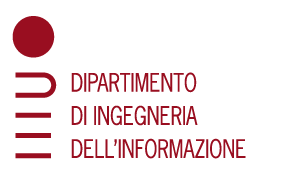Submitted by admin on
Walter Snoeys was born in Leuven, Belgium in 1964. He received the MS and Ph.D. degrees in electrical engineering from the Katholieke Universiteit Leuven in 1987, and from Stanford University in 1992, respectively. From 1990 to 1992 he was a consultant in the area of integrated sensors. From 1992 to 1994 he worked on CMOS technology integration in Mietec, Alcatel, Belgium. In 1994 he joined the microelectronics group at CERN, Geneva, Switzerland, where he is currently working on the design of radiation tolerant particle detectors and readout chips in commercial deep-submicron CMOS for the high energy physics experiments. His research interests include analog circuit design, integrated sensors, technology and device physics, and radiation effects. In 1987 he received the Procter and Gamble ETC Fellowship from the Belgian American Educational Foundation.
Integrated circuits and devices revolutionized particle physics experiments, and have been a cornerstone in the recent discovery of the Higgs boson by the ATLAS and CMS experiments at the Large Hadron Collider at CERN. Particles are accelerated and brought into collision at specific interaction points. Detectors are giant cameras, about 40 m long by 20 m in diameter, constructed around these interaction points to take pictures of collision products as they fly away from the collision point. They contain millions of channels, often implemented as reverse biased silicon pin diode arrays covering areas of up to 200 m2 in the center of the experiment, generating a small (~1fC) electric charge upon particle traversals. Integrated circuits provide the readout, and accept collision rates of about 40 MHz with on-line selection of potentially interesting events before data storage. The presentation will cover some of the design challenges of these detectors and integrated circuits and also the trend to integrate both in one piece of silicon to meet requirements of particle physics experiments and to help advance our understanding of nature.






